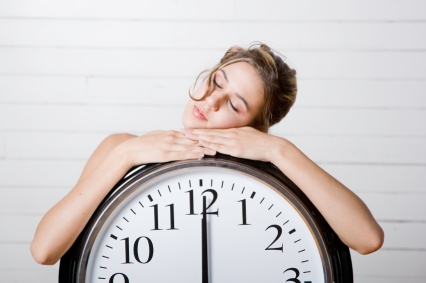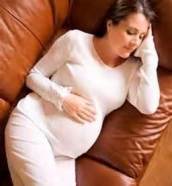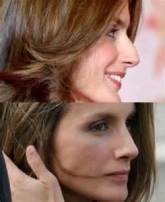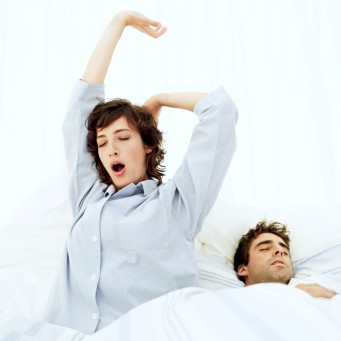 We all know that our body rejuvenates itself when we sleep. Uninterrupted sleep of at least 8 hours lets our body complete all the phases it needs for muscle repair, memory consolidation and release of important growth regulating hormones. Quality sleep also repairs cell damage which is necessary if we want to have clear and beautiful skin. Many experts agree that the best anti-aging secret weapon is actually getting a good night’s sleep.
We all know that our body rejuvenates itself when we sleep. Uninterrupted sleep of at least 8 hours lets our body complete all the phases it needs for muscle repair, memory consolidation and release of important growth regulating hormones. Quality sleep also repairs cell damage which is necessary if we want to have clear and beautiful skin. Many experts agree that the best anti-aging secret weapon is actually getting a good night’s sleep.
Notice how your skin looks lackluster and dull after a night without much sleep? The main reason for this is that our skin produces collagen when we sleep. Lack of sleep inhibits collagen production. Collagen is our skin’s “scaffolding.” It plays a significant part in maintaining firmness and suppleness in our skin where it traps in essential moisture and protects against UV damage. Thus, some people who are quite young may actually look a decade older due to chronic lack of sleep.
Sleep loss can also cause the bane of all teenagers – acne. However, adults get acne too. Not getting enough sleep causes an inflammation of acne, especially if you are already prone to it. Some studies reveal that pro-inflammatory cytokines in the blood are dramatically increased when we lack sleep. This inflammation is the cause of acne flare-ups. Needless to say, getting rid of acne requires getting more sleep.
On a more serious note, sleep deprivation leads to insulin resistance, which affects the body’s ability to take in glucose. It only takes one night of sleep deprivation to induce insulin resistance and affect metabolic regulation. This results in impaired glucose tolerance, which in turn causes glucose to stagnate and become a feeding area for bacteria. The end result is unwanted acne and an unhealthy body.
The benefits of having a good night’s sleep on your total well-being is immense. As we age, the importance of sleep becomes even greater. Although skin aging is inevitable, quality sleep can give you more years of youthful skin.








